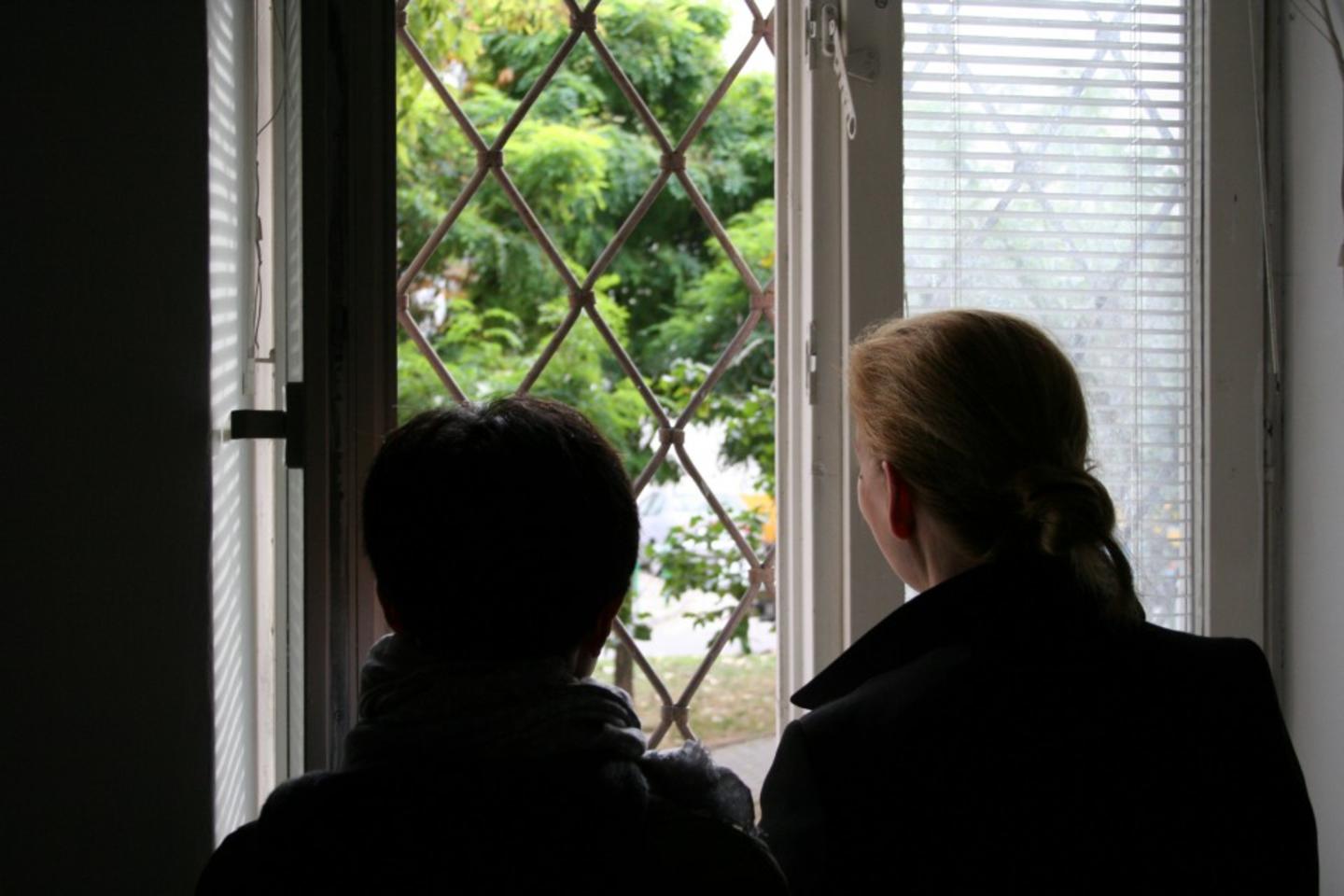Violence against women is a pervasive problem in Europe. According to the European Union Agency for Fundamental Rights, an estimated 13 million women in the EU have experienced physical violence within the previous year, while some 3.7 million women have experienced sexual violence. One in twenty women over the age of 15 has been raped. Iceland, Liechtenstein and Norway are supporting measures both under designated programmes for domestic and gender-based violence and under the NGO programmes to help improve this situation.
Comprehensive efforts
Supported efforts range range from victim support – which includes shelters, counselling services, helplines and legal aid- to awareness-raising campaigns, advocacy work and research. In addition, law enforcement capacities are being strengthened through training programmes for police officers, judges and other professionals on how to best deal with cases of gender-based violence.
Bolstering support
One of the supported projects is carried out by the Feminoteka Foundation. The Polish NGO receives €87 000 from the Polish NGO Fund to improve services for victims of domestic abuse. Two of these victims are Beata and Erica. Since May 2014 they have participated in support group sessions. These group sessions take place once a week and 12 women participate. Each group session lasts three hours and gives the women an opportunity to discuss both their individual experiences and common challenges. Two day weekend workshops where the participants receive self-defence classes and intense group counselling are organised four times during the project.
“I have been looking for a support group for some time. I do not want to stay silent anymore, I want to speak up,” says Erica.
Beata agrees:
“What we have been going through is very difficult and painful. It helps to talk about it. All victims should have a safe place to go to where they can get support.”
A helpline for abuse victims operated by trained professionals is open three days per week, between one and seven pm. The helpline offers psychological support and information on how to access social services. A psychiatrist, a lawyer and a public relations officer are also employed through the project.
Opposing stereotypes
The project is also focusing on reaching out to professionals working with victims as well as the general public – especially teenagers. A booklet with basic information for victims is being prepared. Three workshops are organised to train police, social and health workers to better understand the needs of victims. Ten workshops in self-defence are organised for girls aged between 13 and 18. According to Piotrowska, many parents and teachers are opposed to the idea of the Feminoteka Foundation organising workshops at schools:
“The stereotypical mind-set where ‘men should work and women should stay at home and take care of the family’ is still prevalent. This mentality makes it difficult to speak openly to teenage boys and girls about subjects like sexual harassment, rape and gender equality.”
Exchanging experiences
In April this year three representatives from the Feminoteka Foundation went to visit their project partner ‘Women for Women’ under the Norwegian Women’s Public Health Association’ (N.K.S.). Later this year N.K.S. will come to Warsaw. Piotrowska praises the cooperation:
“In Norway, we visited women shelters and got insight into how the Norwegian system for abuse victims works. It was particularly interesting to see the system for reaching out to women in smaller, more remote places.”
Click here to read more about our programmes for combating domestic and gender-based violence
